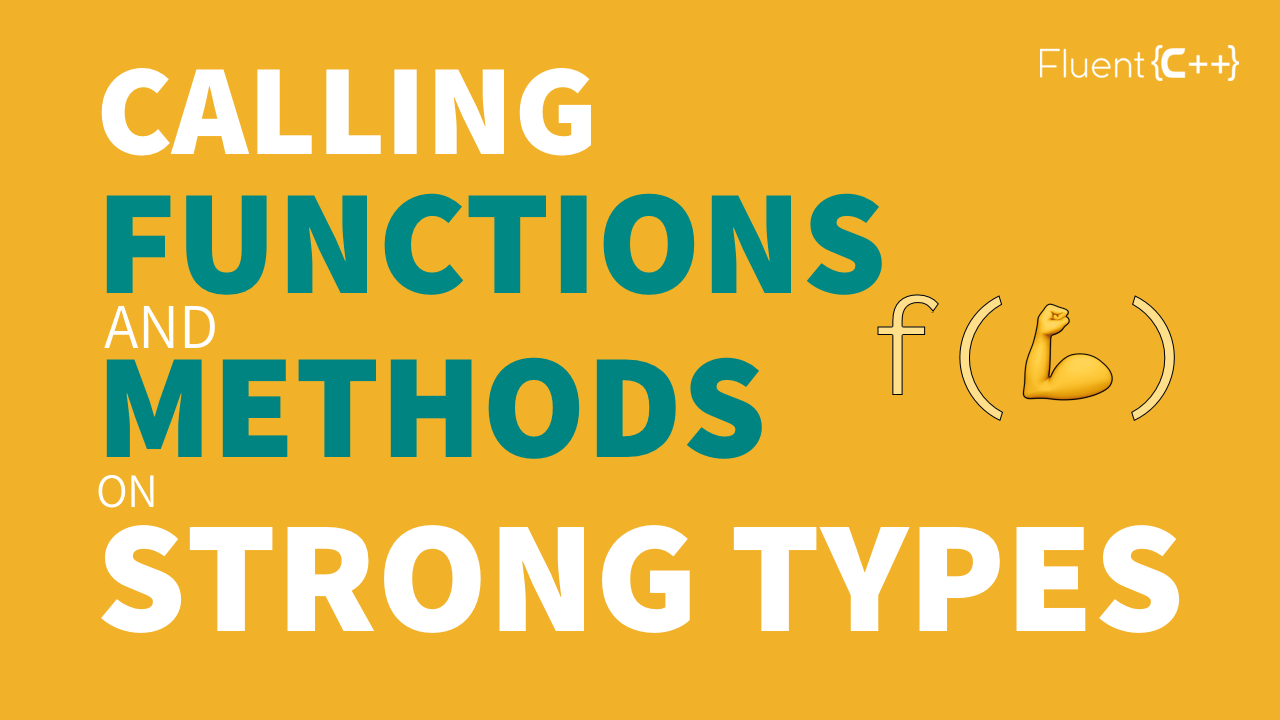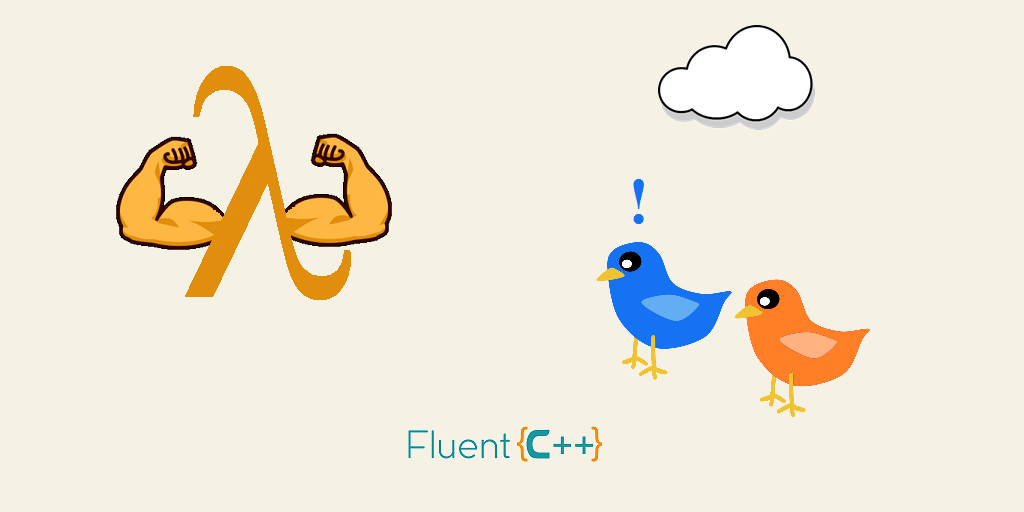Recent Posts
- Usage First, Implementation After: A Principle of Software Development
- Design Patterns VS Design Principles: Factory method
- How to Store an lvalue or an rvalue in the Same Object
- Copy-Paste Developments
- Design Patterns VS Design Principles: Abstract Factory
- How to Generate All the Combinations from Several Collections


